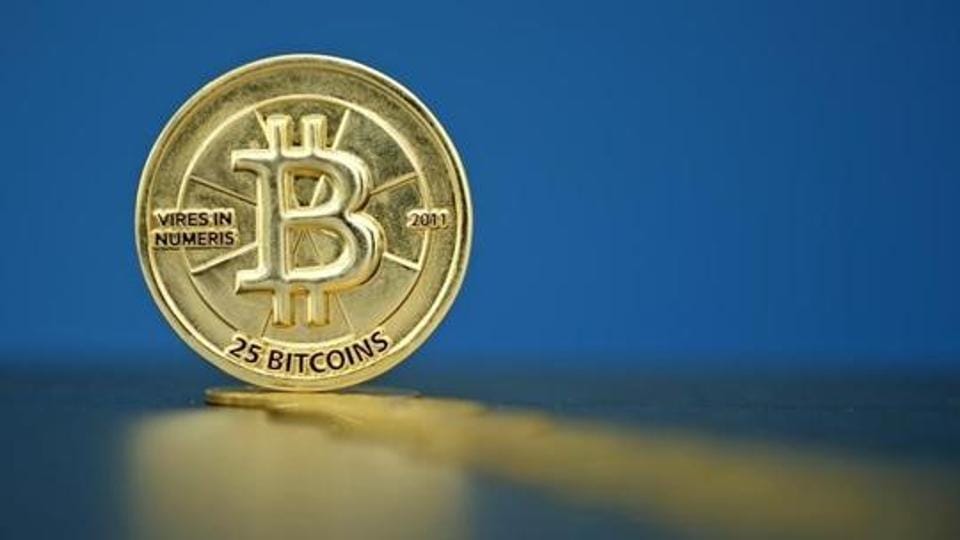Singapore’s central bank plans to regulate bitcoin futures
Market watchdogs worldwide have been debating whether and how they should regulate the cryptocurrency industry.

Singapore's central bank plans to bring bitcoin and other similar cryptocurrency futures traded on approved exchanges under its regulation in response to interest from international institutional investors, it said on Wednesday.
Market watchdogs worldwide have been debating whether and how they should regulate the cryptocurrency industry. Many have focused their attention initially on investor protection issues given concerns about market manipulation and cryptocurrencies' volatility.
In a consultation document, the Monetary Authority of Singapore (MAS) said that it had seen interest from institutional investors in trading "payment tokens" like bitcoin and ether, who "have a need for a regulated product to gain and hedge their exposure to the payment tokens."
The consultation will close on December 20.
Derivatives products are a particular concern for regulators looking to protect investors, and MAS said that it did not consider bitcoin and other similar derivatives to be suitable for trading by retail investors.
ALSO READ: With face scans, automated marking, Singapore carves AI niche
"The underlying payment tokens tend to exhibit high volatility and are intrinsically difficult to value. ... Losses also amplified due to the leveraged nature of derivatives, and investors may even lose more than the whole amount they had put in," MAS said.
Some US-based exchanges including the Chicago Mercantile Exchange and ICE Futures US, already allow trading of bitcoin futures.
ALSO READ: Mark Zuckerberg defends Facebook's cryptocurrency plans before US Congress
However, Hong Kong's Securities and Futures Commission said earlier this month that exchanges allowing trading of bitcoin futures "may well be conducting an illegal activity."
MAS only proposes to regulate futures traded on exchanges it already regulates. It warned investors it did not regulate token derivatives not traded on approved exchanges.
"The inclusion of these products in the approved exchanges will certainly provide new opportunities for all regulated exchanges. This may create liquidity for these products," David Gerald, president of the Securities Investors Association (Singapore), said in a statement, but warned retail investors of the high risk involved in investing in these products.
Catch all the Latest Tech News, Mobile News, Laptop News, Gaming news, Wearables News , How To News, also keep up with us on Whatsapp channel,Twitter, Facebook, Google News, and Instagram. For our latest videos, subscribe to our YouTube channel.

























